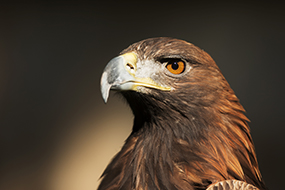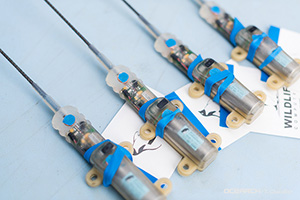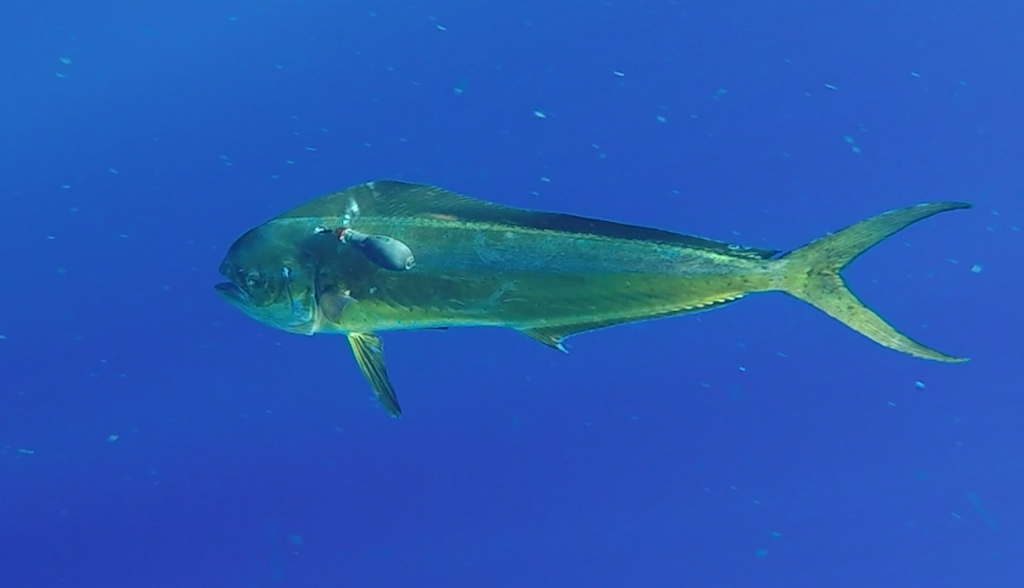Recent Research Utilizing Wildlife Computers Technology
Shared habitat use by juveniles of three sea turtle species IOTC Working Party on Ecosystems and Bycatch (WPEB) Cape Town, South Africa 10-14 September 2018 Progress report on the post release mortality of the oceanic white tip shark (POREMO project) discarded by EU purse...



